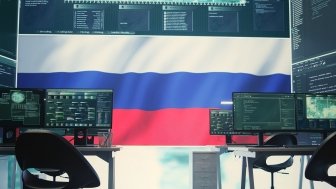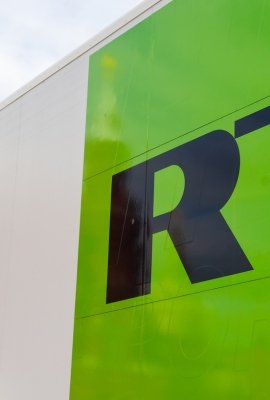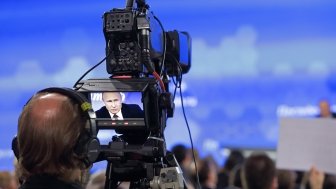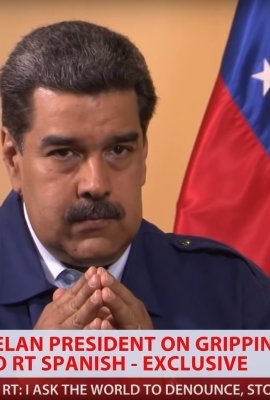Sarah Oates
Former Fellow
Professional Affiliation
Associate Dean for Research, Philip Merrill College of Journalism, University of Maryland, College Park
Expert Bio
Prof. Sarah Oates is Associate Dean for Research at the Philip Merrill College of Journalism at the University of Maryland (College Park). She is a UMD Distinguished Scholar-Teacher and Co-Principal on the Grand Challenges Maryland Democracy Initiative.
A scholar in the field of political communication and democratization, a major theme in her work is the way in which the media can support or subvert democracy in places as diverse as Russia, the United States, and the United Kingdom. Prof. Oates has published many books, articles, chapters, and papers on topics including how the internet can challenge dictatorship, how election coverage varies in different countries, and how national media systems cover terrorism in distinctive ways. You can see her work on www.media-politics.com.
A former journalist, Prof. Oates has an M.A. and Ph.D. in Political Science from Emory University and a B.A. from Yale University. She was a Fulbright scholar in Russia and a fellow of the Woodrow Wilson International Center for Scholars. Oates has served as a media observer in elections in Russia and Kazakhstan for the European Commission and has been a visiting professor at the Kyiv-Mohyla School of Journalism in Ukraine. She has held numerous grants over her career, including from the British Academy, the Leverhulme Trust, and the U.K. Economic and Social Research Council.
Wilson Center Project
Russian Propaganda Rewired: Analyzing Misinformation in the Digital Age
Project Summary
This project will use the study of Russian propaganda to refine ways to define and track strategic narratives as they travel through our contemporary media ecosystem. By triangulating strategic narrative theory, media studies, and computational linguistics, it is possible to create a more robust and precise understanding of how pro-Russian messages reach foreign audiences. At the same time, this approach offers a useful tool in the sphere of public diplomacy in that it moves the discussion of Russian propaganda from the realm of conjecture to an evidence-based study of the volume and type of state-sponsored propaganda affecting U.S. citizens.
Major Publications
A Perfect Storm: American Media, Russian Propaganda. 2017. Current History 116(792): 282-284
Russian Media in the Digital Age: Propaganda Rewired. 2016. Russian Politics 1(4): 398-417.
Revolution Stalled: The Political Limits of the Internet in the Post-Soviet Sphere. 2013. New York: Oxford University Press. ISBN 0199735956






